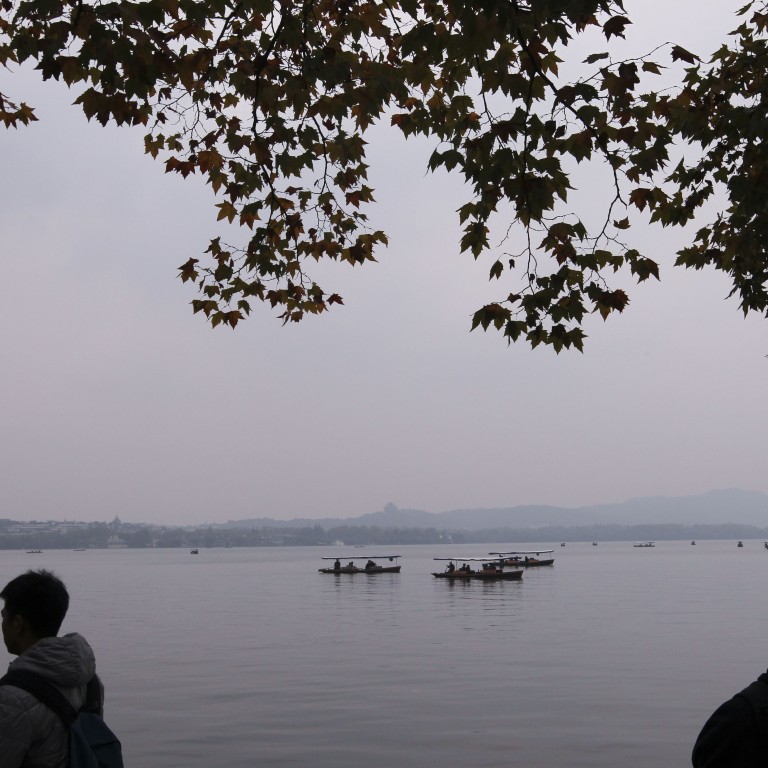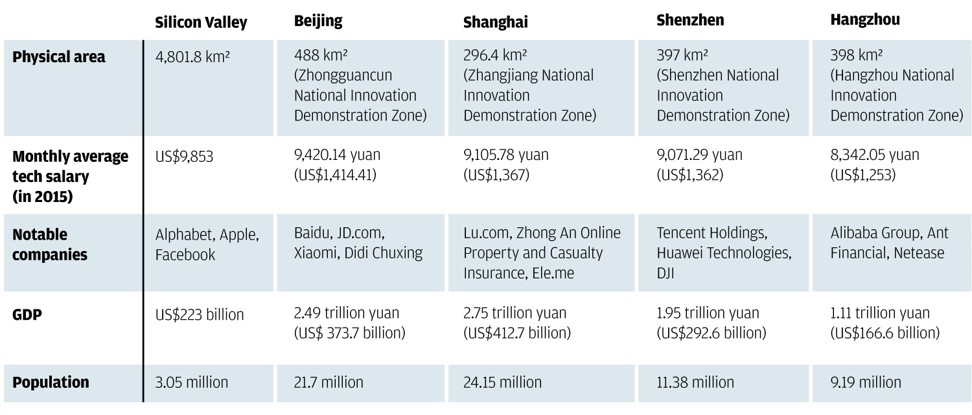
China assigns officials to 100 companies in nation’s cradle of private enterprises in charm offensive to bolster confidence
- Alibaba, Dahua, Geely, Hikvision, Wahaha Group and dozens of the biggest private enterprises in Hangzhou will be assigned a government officer each
- The officials, who will not exert any control or be involved in corporate matters, will act as bridges between the local authority and the enterprises, in a move designed to make it easier to do business
Local authorities in Hangzhou, the hometown of Asia’s most valuable company and the traditional cradle of China’s private enterprises, have started a charm offensive to shore up confidence among the non-state businesses that play an outsize role in the nation’s economy, as growth sputters amid a year-long trade war with the United States.
“Sending government representatives to baby sit private companies is not an innovation,” the Renmin University’s professor Ma Liang wrote in a Sunday commentary published on Jiemian.com. “There are precedents [where] local governments tend to use this as a way to make up for inefficiencies in the system.”
Tongcheng, a city in Zhejiang’s neighbour Anhui province, dispatched 96 officials to the same number of companies last month to provide “help on government matters,” making the sixth such assignment in the city, according to local media reports. The deployed officials were instructed to avoid interfering in corporate matters.
Earlier in March in Shanxi, 15,000 Communist Party cadres were sent to 5,400 companies across the province to conduct “policy consultations” and help “resolve companies’ problems,” according to news reports.
Interactive Infographics: What are China’s city tiers and how are they classified?
Hangzhou, home to 36 of China’s 500 largest private companies ranked by the All China Federation of Industry and Commerce this year, would be special, as it claims the mantle as the nation’s cradle of private businesses. The government officials assigned to different businesses also offer a glimpse into the government’s efforts to match its strategies with the expertise of the assigned companies.
In Hangzhou, as well as the placement of officials, a number of companies had been awarded subsidies based on their revenue figures, the government document said.
Firms with annual sales of 50 billion yuan (US$7 billion) or more would receive a one-off payment of 20 million yuan, while those with sales of at least 20 billion yuan but less than 50 billion yuan would receive 8 million yuan, it said.
Hangzhou would only select “outstanding cadres” to assign to the biggest companies, each for 12 months, said the city’s Commissar Zhou Jiangyong, according to a report in the provincial governments portal Zhejiang Online.
Alibaba, Asia’s most valuable company with a market capitalisation of US$461 billion, will be assigned Huang Xuefeng, a senior official with Hangzhou’s bureau of digital resources, according to the list.
“We understand this initiative from the Hangzhou city government aims to foster a better business environment in support of Hangzhou-based enterprises,” Alibaba said in a statement. “The government representative will function as a bridge to the private sector, and will not interfere with the company’s operations.”
Interactive Infographics: Why ‘Made in China 2025’ triggered the wrath of the United States
The assigned officials will help “to provide quality, efficient and convenient services to enterprises in areas like investment, operations, project approval and capital market linkage,” Zhejiang Online said, adding that the move would also “help to coordinate businesses and government agencies, seek companies’ views on government policy, and aid the implementation of projects.”



